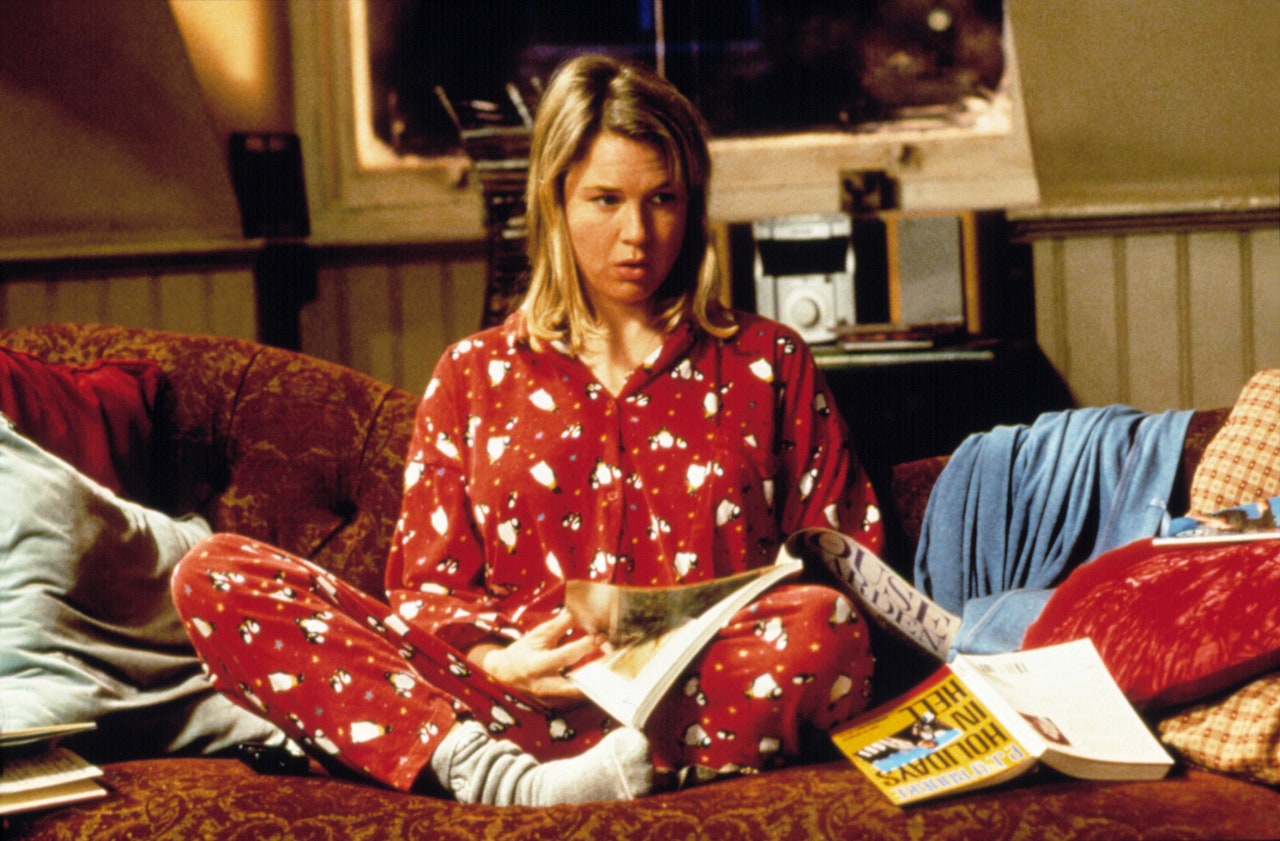Bridget Jones Is Perfect, Just the Way She Is, 20 Years Later

[ad_1]
Twenty years ago this week, Bridget Jones’s Diary hit theaters. And like the protagonist, people immediately began to expose themselves.
“It’s so aggressive,” wrote Jonathan Rosenbaum of the movie for The Chicago Reader. Peter Bradshaw, who was and is the chief film critic at The Guardian, devoted several lines of his review to the effects of Renée Zellweger’s famous weight gain for the role. “Her thighs are massively dimpled and her great bottom is as stately as a sinking galleon,” he wrote.
Even so, reviews were mostly positive. “The movie gives almost unreasonable pleasure,” gushed Roger Ebert. Bridget Jones became a box office smash and then a franchise. Zellweger was nominated for an Oscar. For many of us, Bridget Jones’s Diary is a perfect piece of entertainment.
But people at the time were not quite sure how to write about Bridget, a woman protagonist who is meant to be both loved and laughed at. Criticism of the movie, more than the movie itself, gives a vivid impression of just how much time has passed since April 2001. The New York Times made sure to include the protagonist’s weight—120 shocking pounds!—in the review headline.
Bridget Jones’s Diary is a mainstream movie about a woman, based on a book by a woman, adapted by a woman (with two men), and directed by a woman. That is still about as rare as it was 20 years ago. But when women critics got a word in edgewise, they too were as messy as Bridget Jones hosting a dinner party and serving blue soup and marmalade.
“I’m a Feminist—And I Love Bridget Jones’s Diary,” confessed Jessica Reaves in Time, adding defensively that she has also read Gloria Steinem. (Steinem, for her part, has written about how much she values movies that are often trivialized as “chick flicks.”) In an article published in Duke University Press in 2007, feminist theorist Angela McRobbie identifies the movie as one of the pop culture products that has been “perniciously effective in regard to [the] undoing of feminism.” McRobbie continues, seeming disturbed, “Despite feminism, Bridget wants to pursue dreams of romance, find a suitable husband, get married, and have children.”
Would you rather?
©Miramax/Courtesy Everett CollectionIt’s true—if feminism is a club that excludes anyone who has ever been attracted to Hugh Grant or Colin Firth, and anyone who wants to fall in love or have children, it is a very small club. (Surely trying to make women choose either sex and love or freedom is not contemporary feminism’s greatest success!) But Bridget Jones’s Diary is not a feminist movie. It is not a sexist movie. It is a movie about a woman trying to find happiness and fulfillment in spite of a culture that wants her to remain hungry, decorative, constantly reproductive, and elegant while working full time.
[ad_2]
Source link




